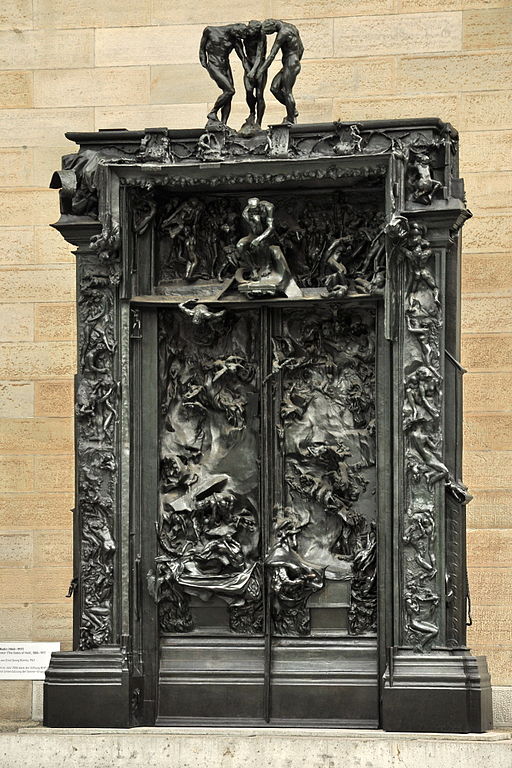
A parallel noted:
China’s third step to weaken Islam, though, strikes much closer to home. The government is now forcing Muslim store owners to do something their religion forbids: sell alcohol and cigarettes and display them prominently. Muslim storeowners who refuse face massive penalties, and have been told they will “see their shops sealed off, their business suspended and legal action pursued against them.”
Why the coercion? The government claims the mandate is designed “to provide greater convenience to the public.” But that claim is hard to take seriously. The government’s interest is not so much in providing public access to cigarettes and alcohol generally, but in making sure that those products come from particular parties — namely the religious objectors. Local party officials are at least candid enough to admit it, saying, “We have a campaign to weaken religion here and this is part of that campaign.”
Sadly, China’s cigarette-and-alcohol mandate bears a troubling resemblance to our own federal government’s contraception mandate, which forces religious ministries like the Little Sisters of the Poor to provide health plans that include access to free contraceptives and abortion-inducing drugs.
(source: American nuns, Chinese booze and religious persecution: Column)
…and it’s important to note that the parallel goes beyond the “contraception mandate” issue, too.
Harassment and legal assaults on people in business and public life that try, however imperfectly, to live in good conscience as Christians throughout their life–rather than in segregated corners, churches, and closets–has become a daily commonplace.
Not betraying your artistic or other gifts by using them in support of a fake marriage, for example, has become the sort of thing that can cost you livelihood at the hands of faceless bureaucrats and the torch-and-pitchfork crowd. Even nonpayment of bills is less dangerous!
We find ways to do otherwise, friends, or we start building the underground. Everyone must choose.




